1. Myth: Raw Milk is Safer Because It’s “Natural”

There’s a widespread belief that because raw milk is unprocessed, untouched by modern industry, and straight from the farm, so it must be safer and healthier than pasteurized milk. According to studies, those who support raw milk often argue that it was consumed for centuries before pasteurization was introduced. They also claim that cows raised on small farms produce cleaner, safer milk than those in large dairy operation.
However, the reality is that raw milk can be a breeding ground for dangerous bacteria like Salmonella, E. coli, and Listeria, which can cause severe illness, hospitalization, and even death. The pasteurization process was introduced precisely because raw milk was once one of the leading causes of foodborne illnesses and outbreaks, particularly in children and pregnant women. Source: fda.gov
2. Myth: Pasteurization Destroys Milk Nutrients
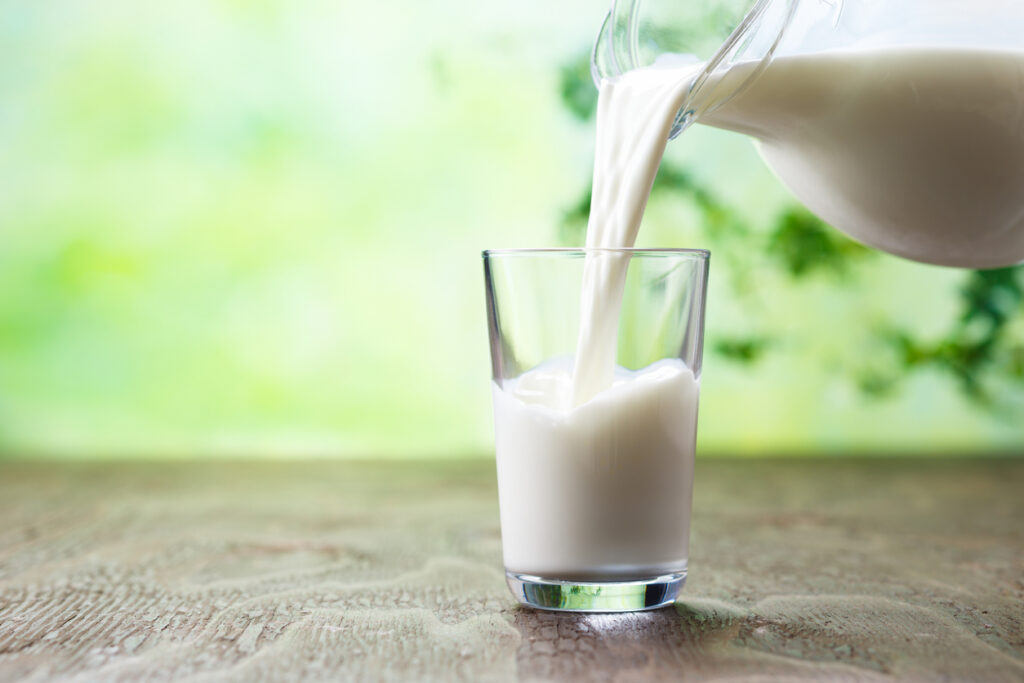
One of the most common arguments against pasteurized milk is that heating milk destroys all of its essential nutrients, leaving behind a nutritionally “dead” product. Also, many raw milk advocates claim that pasteurization wipes out calcium, vitamin D, B vitamins, and beneficial enzymes, making pasteurized milk far less healthy. Some even go as far as saying that pasteurized milk contributes to nutrient deficiencies and weaker bones because it no longer contains its natural, full spectrum of vitamins and minerals. Studies have shown that pasteurized milk retains nearly all of its calcium, protein, and B vitamins, making it just as beneficial as raw milk. Additionally, most dairy products are fortified with vitamin D, further ensuring that consumers receive the necessary nutrients for strong bones and overall health. Source: realmilk.com
3. Myth: Raw Milk Cures Lactose Intolerance
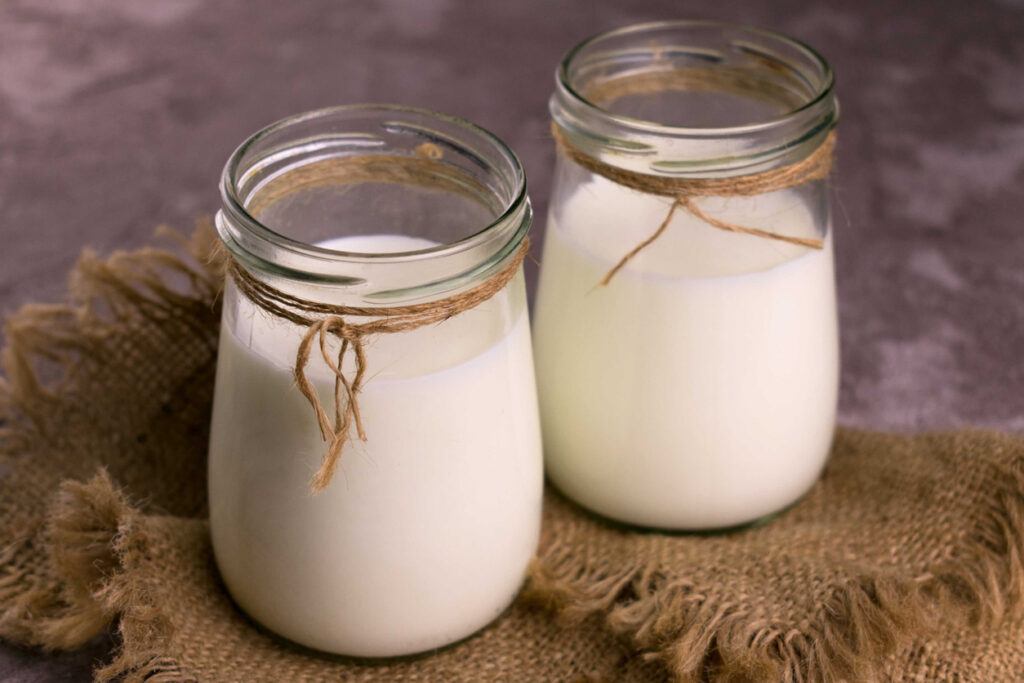
Some raw milk supporters claim that people who are lactose intolerant can drink raw milk without any issues because it contains natural enzymes that help break down lactose. They also argue that pasteurization destroys lactase, an enzyme that helps digest lactose, thereby causing people to develop digestive discomfort, bloating, and gas when consuming pasteurized milk. This belief has led many people who typically experience dairy-related stomach problems to seek out raw milk, believing it to be a solution for lactose intolerance.
While it’s true that raw milk contains more natural enzymes than pasteurized milk, the notion that it cures lactose intolerance is completely false. Lactose intolerance is caused by the body’s inability to produce enough lactase, the enzyme needed to digest lactose properly. This is a genetic trait, not something that raw milk can fix. Source: rawmilkinstitute.org
4. Myth: Raw Milk Provides Better Gut Health
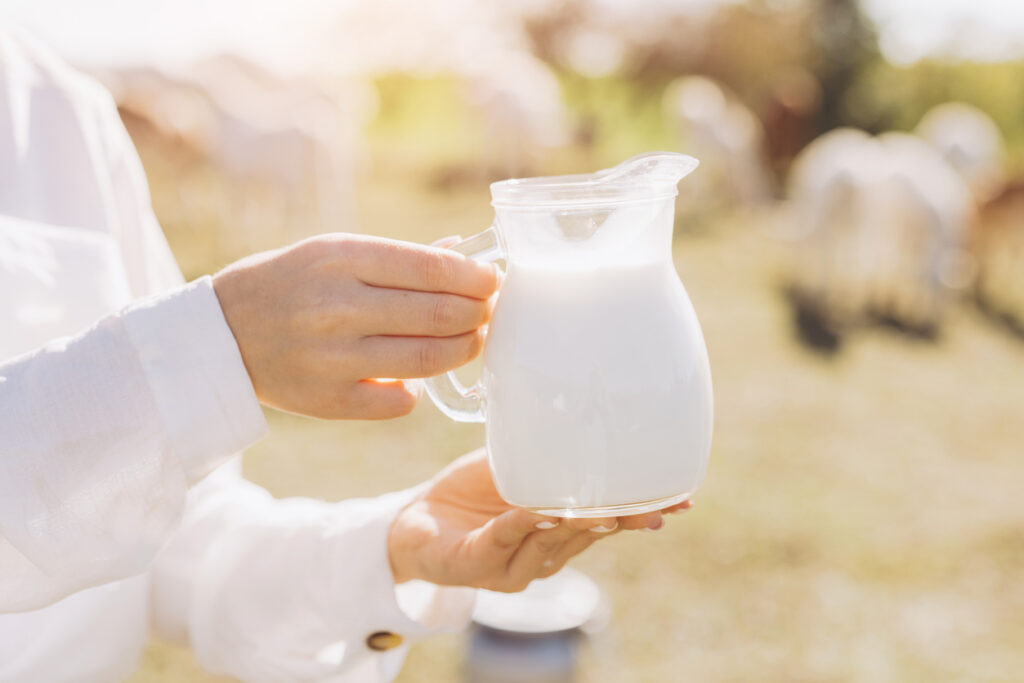
Many raw milk advocates claim that raw milk is packed with beneficial probiotics that support gut health and improve digestion. They also argue that it contains live cultures that contribute to gut microbiome, such as yogurt or fermented foods like kefir and kombucha. Some even suggest that consuming raw milk can help prevent conditions like irritable bowel syndrome (IBS), leaky gut, and other digestive disorders.
The reality, however, is that raw milk is not a reliable or safe source of probiotics, and consuming it for gut health is a dangerous gamble. as asserted by studies, Probiotic-rich foods, like yogurt and fermented dairy products, undergo controlled fermentation processes that allow good bacteria to flourish while keeping harmful bacteria in check. Source: pubmed.ncbi.nlm.nih.gov.
5. Myth: Raw Milk Prevents Chronic Diseases
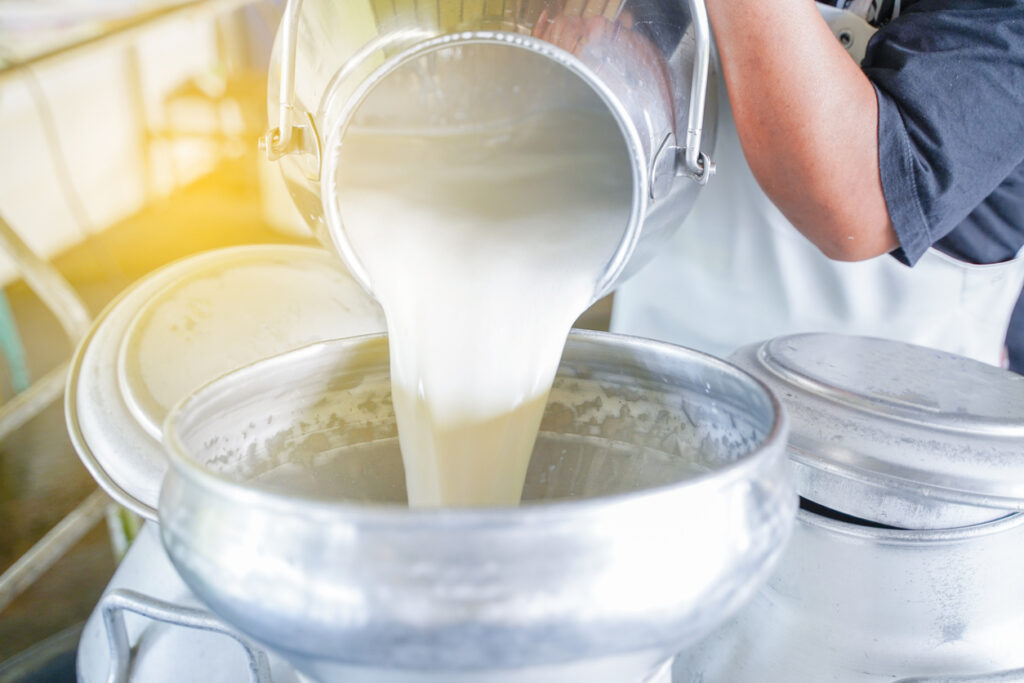
A substantial number of people claim that raw milk is a superfood packed with essential nutrients that can prevent chronic illnesses like heart disease, diabetes, and even cancer. Some even suggest that it contains unique compounds that actively protect against degenerative diseases, making it one of the most potent natural health boosters available. These claims are often circulated in alternative health communities, where raw milk is marketed as a nearly medicinal substance rather than a simple dairy product. Unfortunately, there is no scientific evidence to support the idea that raw milk prevents chronic diseases. While milk, in general, is a good source of protein, calcium, and healthy fats, there is nothing uniquely powerful about raw milk that makes it a disease-fighting superfood. Source: rawmilkinstitute.org
6. Myth: Raw Milk Helps Build Stronger Bones
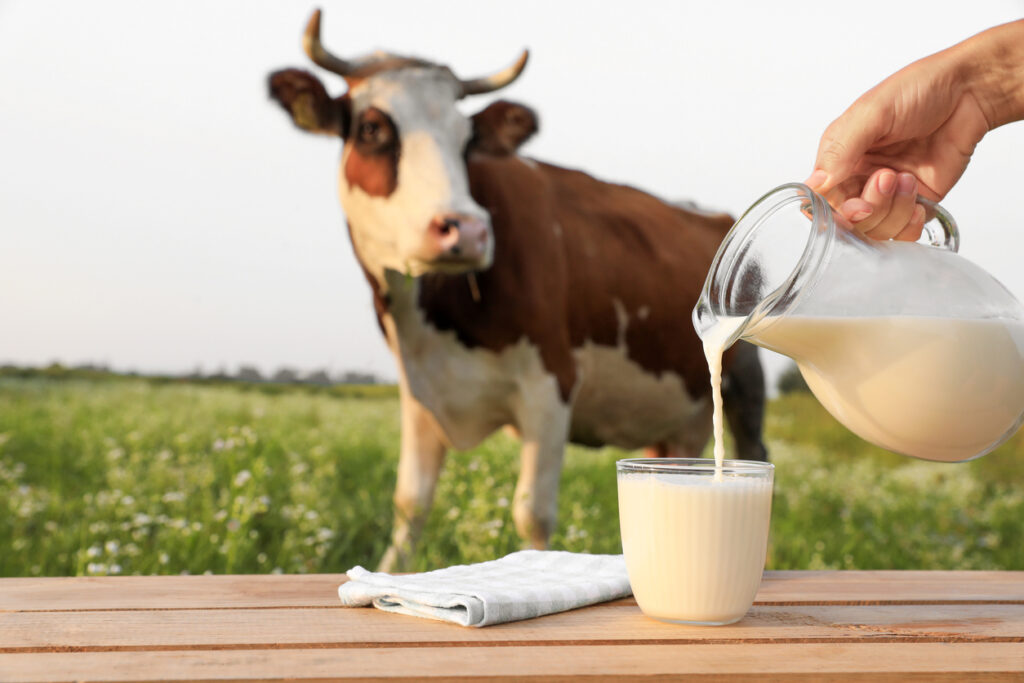
Advocates claim that pasteurization reduces the bioavailability of minerals, making it less effective in preventing osteoporosis, fractures, and age-related bone loss. The argument often suggests that because raw milk is less processed, its nutrients are more easily absorbed, leading to better overall bone density. Some even go as far as to say that pasteurized milk contributes to weak bones because it is “acidic,” in which they claim causes calcium to be leached from the bones; a theory that has been widely circulated in alternative health circles. However, the idea that raw milk is significantly better for bones than pasteurized milk is a misconception not supported by science. Pasteurization does not strip milk of its essential minerals, it still contains the same levels of calcium and phosphorus needed for strong bones.
7. Myth: Raw Milk is a Natural Allergy Remedy
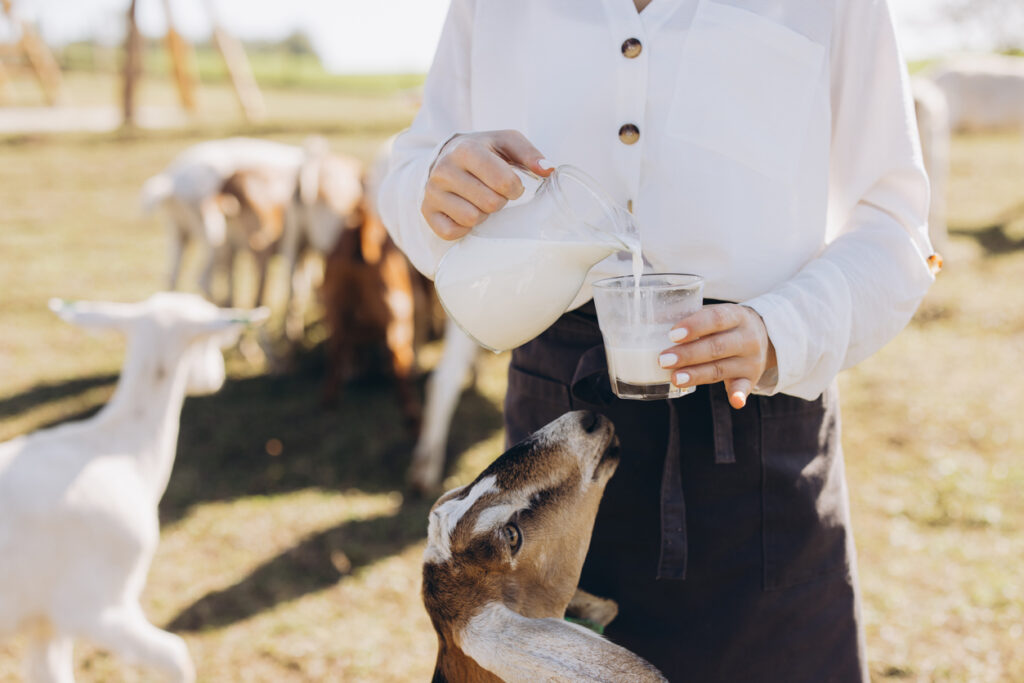
Some raw milk enthusiasts claim that drinking raw milk can help prevent or even cure allergies, particularly in children because it contains live enzymes and beneficial bacteria. Some parents even believe in anecdotes stating that giving children raw milk from a young age will train their immune systems to tolerate allergens, preventing conditions like asthma, eczema, and seasonal allergies.
Scientifically, there is no substantial evidence to suggest that raw milk prevents or cures allergies. While some observational studies have suggested a correlation between farm environments and lower allergy rates in children, this effect is likely due to early exposure to a wide variety of microbes found in farm life, not raw milk itself. In fact, for children who already have dairy allergies, raw milk can be extremely dangerous, as it contains the same allergenic proteins found in pasteurized milk.
8. Myth: Raw Milk Boosts Immune System
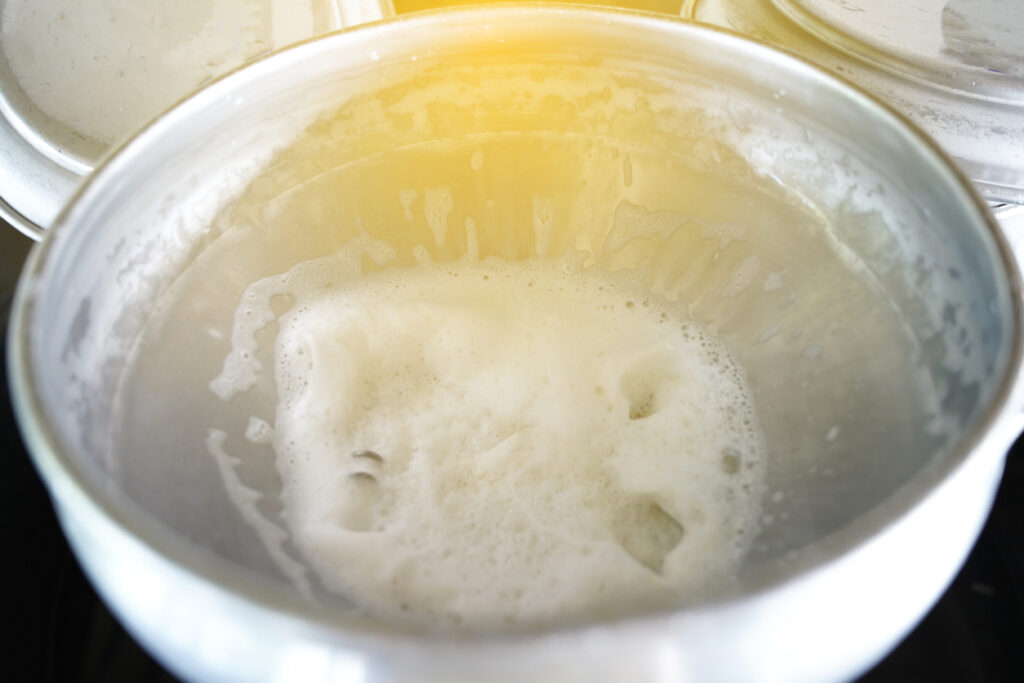
Popular claims suggest that raw milk naturally strengthens the immune system, making people more resistant to infections, colds, and even autoimmune diseases because it is unprocessed. This belief is particularly strong in alternative health communities, where raw milk is sometimes marketed as an all-natural solution for people with weakened immune systems or chronic illnesses. The idea that raw milk is an immune system supercharger is simply not backed by scientific evidence. While raw milk does contain some natural enzymes and beneficial bacteria, it also carries a much higher risk of harmful bacterial contamination and pathogens such as Salmonella, E. coli, and Listeria.
9. Myth: Farmers Who Drink Raw Milk Never Get Sick
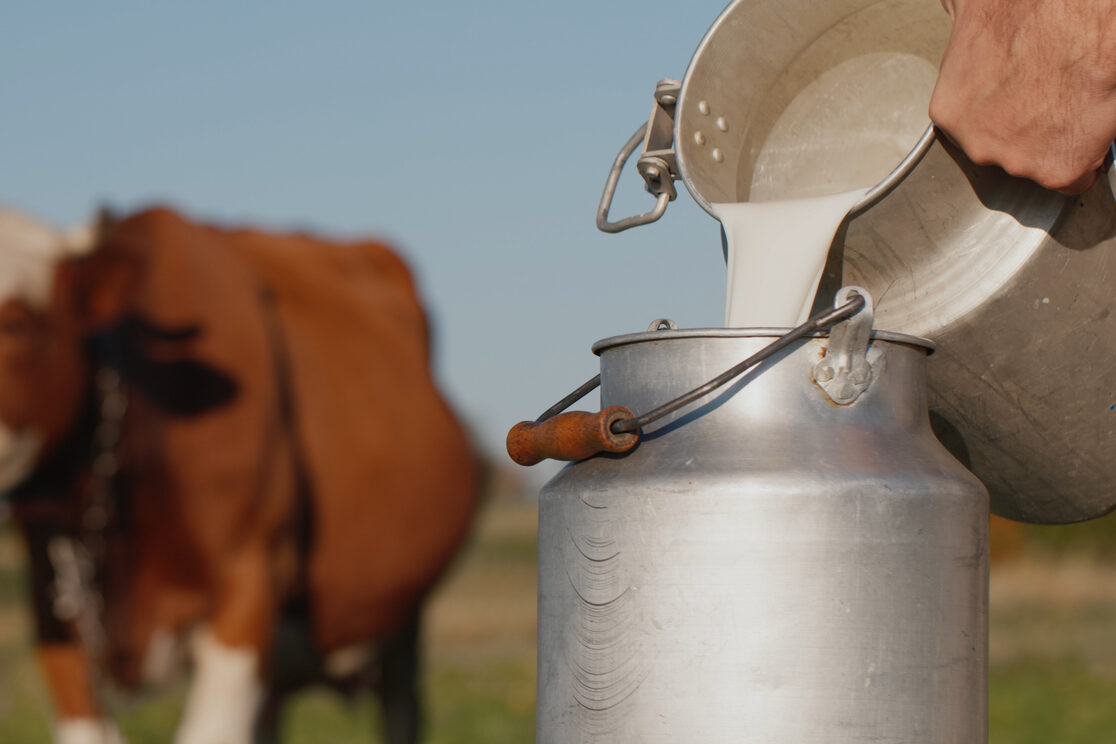
Some raw milk advocates point out that dairy farmers who drink their own unpasteurized milk seem to enjoy good health, using this as anecdotal “proof” that raw milk is perfectly safe. The reasoning behind this claim is that people who drink raw milk develop a stronger resistance to bacteria over time, making them naturally immune to any harmful pathogens that might be present in the milk.
But, studies opines that stronger immune responses is due to environmental exposure, not raw milk itself. another reason some farmers appear resistant to illnesses linked to raw milk is likely because of early and repeated exposure to farm bacteria, which can lead to a form of immune adaptation. However, this adaptation is not guaranteed, and even lifelong raw milk drinkers can still get sick from contaminated milk.
10. Myth: Raw Milk Tastes Better, Making It Healthier
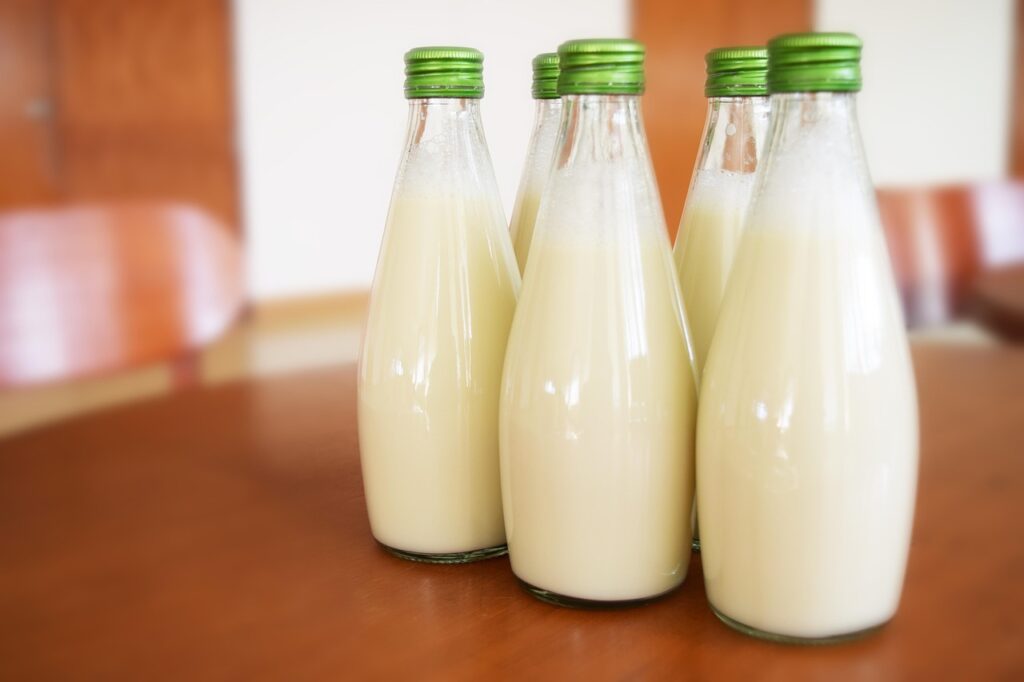
Advocates of raw milk often describe its flavor as richer and more complex, believing that its unprocessed nature preserves the true essence of dairy. While raw milk may have a different taste due to its natural fat content and lack of processing, flavor is not an indicator of nutritional superiority or safety. Additionally, the flavor of raw milk can vary greatly depending on the diet of the cows, the breed, and even the specific farm, making it an inconsistent standard for judging quality. Most importantly, a great taste does not eliminate the potential dangers of bacterial contamination.
11. Myth: Raw Milk is the Secret to Longevity and Vitality
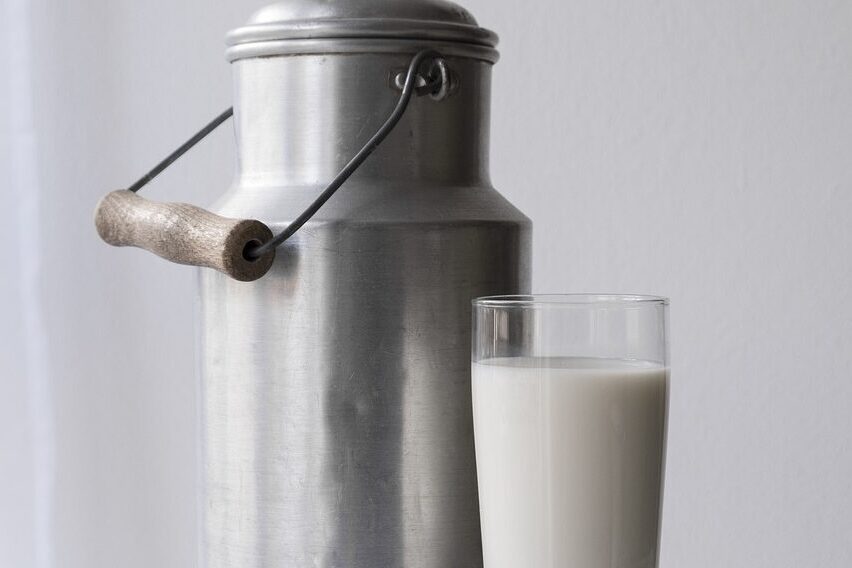
There is a belief among raw milk proponents that consuming unpasteurized dairy can extend lifespan, increase energy levels, and promote overall vitality. Some claim that raw milk contains “life-giving” nutrients that are lost in pasteurized versions, making it an essential part of a long and healthy life. However, there is no scientific proof that raw milk contributes to longevity or vitality in any unique way. While dairy products, in general, can be a valuable source of protein, calcium, and vitamins, raw milk does not offer any special anti-aging properties that pasteurized milk lacks.
12. Maybe a Myth: Government Agencies Are Lying About Raw Milk’s Dangers
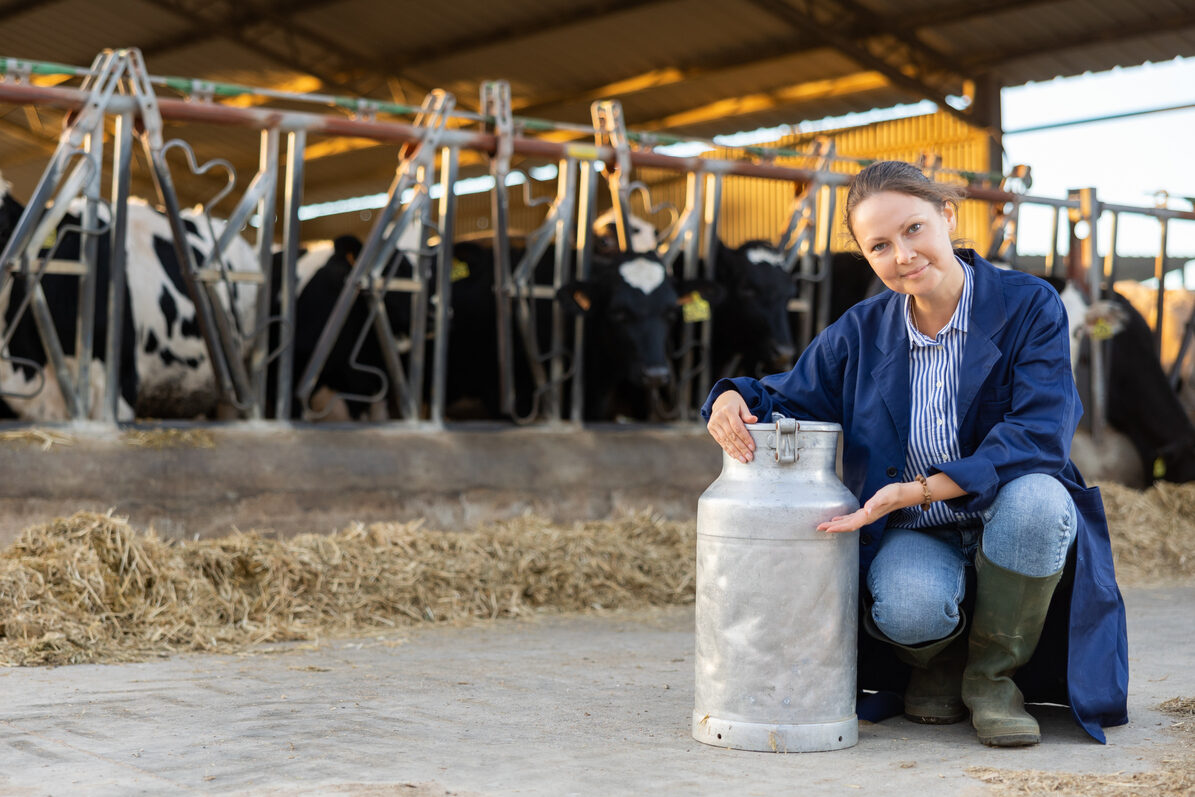
A common conspiracy theory surrounding raw milk is that government agencies and big dairy corporations are exaggerating the risks of raw milk to protect corporate profits. Some raw milk supporters believe that pasteurization was only introduced to benefit large-scale dairy farms. While skepticism toward large industries is understandable, the dangers of raw milk are backed by decades of scientific research and real-world outbreaks of disease. Pasteurization was not introduced as a corporate scheme, it was a public health advancement that dramatically reduced milkborne illnesses and saved countless lives.
13. Myth: Raw Milk Is Safer Today Because Modern Farming Practices Are Cleaner
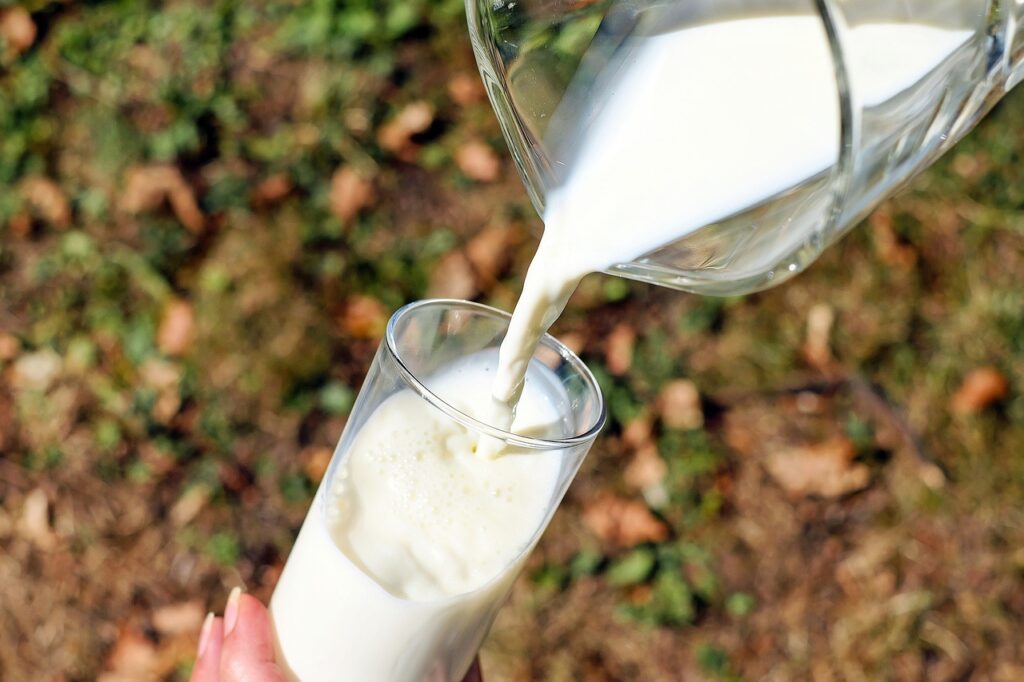
A common belief among raw milk supporters is that modern dairy farms are much cleaner than they were in the past, which supposedly makes raw milk safer to drink today than it was a century ago. Many small raw dairy farms promote their milk as being produced in pristine, controlled environments where cows are pasture-raised, milk is handled with extreme care, and contamination risks are minimized.
While it’s true that modern farming practices have improved, this does not eliminate the risks associated with raw milk consumption. Even in the cleanest conditions, raw milk can still contain harmful bacteria like E. coli, Salmonella, and Listeria, which can multiply quickly and cause severe illness. Unlike pasteurization, which guarantees the elimination of these pathogens, there is no foolproof way to ensure that raw milk is 100% free from contamination.
14. Myth: Raw Milk is Not as Risky as It is Portrayed
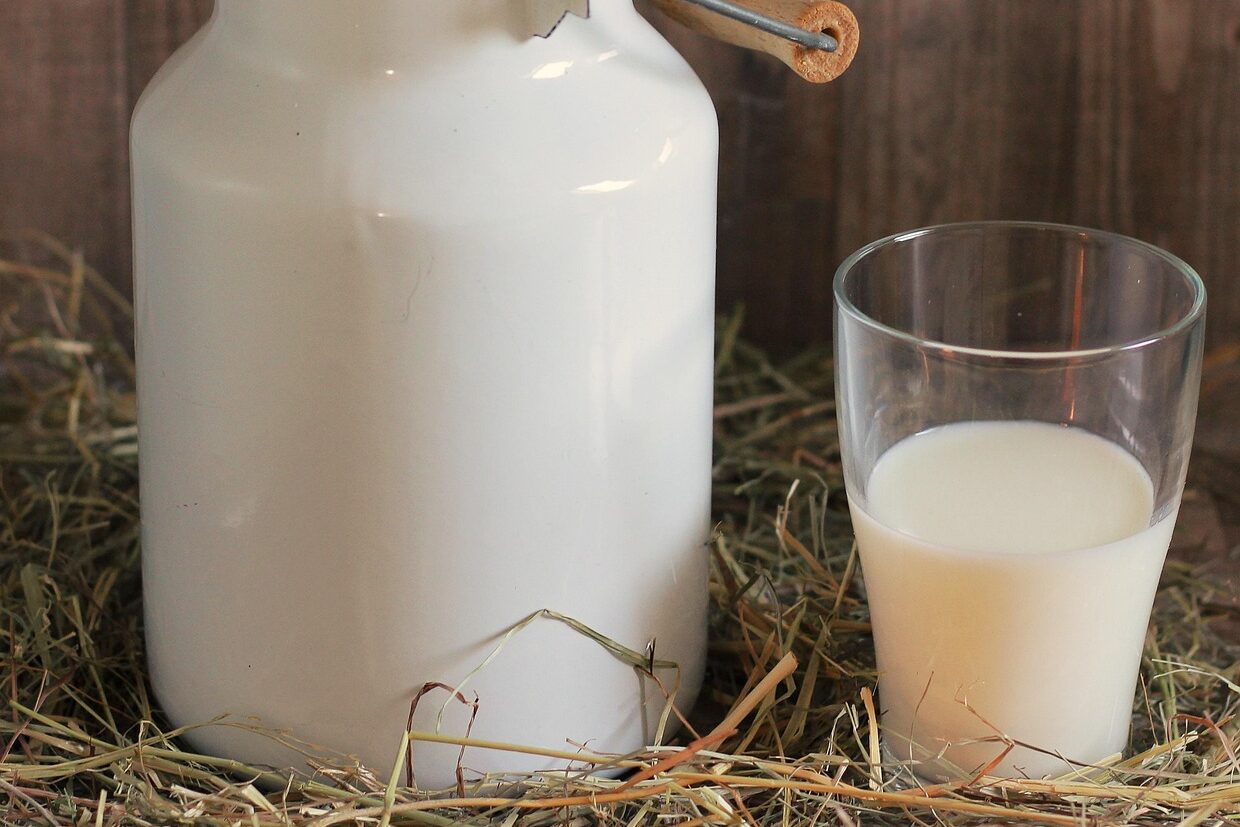
Supporters argue that if raw milk were truly hazardous, we would see outbreaks on a much larger scale, with constant hospitalizations and public health crises. Some even suggest that because many raw milk drinkers consume it regularly without experiencing immediate illness, as such, the warnings about its dangers are exaggerated. The truth is that foodborne illness from raw milk is significantly underreported, and when outbreaks do happen, they can be extremely severe.
Because many cases of foodborne illness mimic symptoms of other common infections such as stomach flu or food poisoning, many people who get sick from raw milk don’t realize it was the cause. Additionally, not all batches of raw milk are contaminated, meaning that people may drink it multiple times without issue before eventually consuming a batch that contains dangerous bacteria
15. Myth: Believing Health Risk Associated With Raw Milk is a Matter of Personal Perference
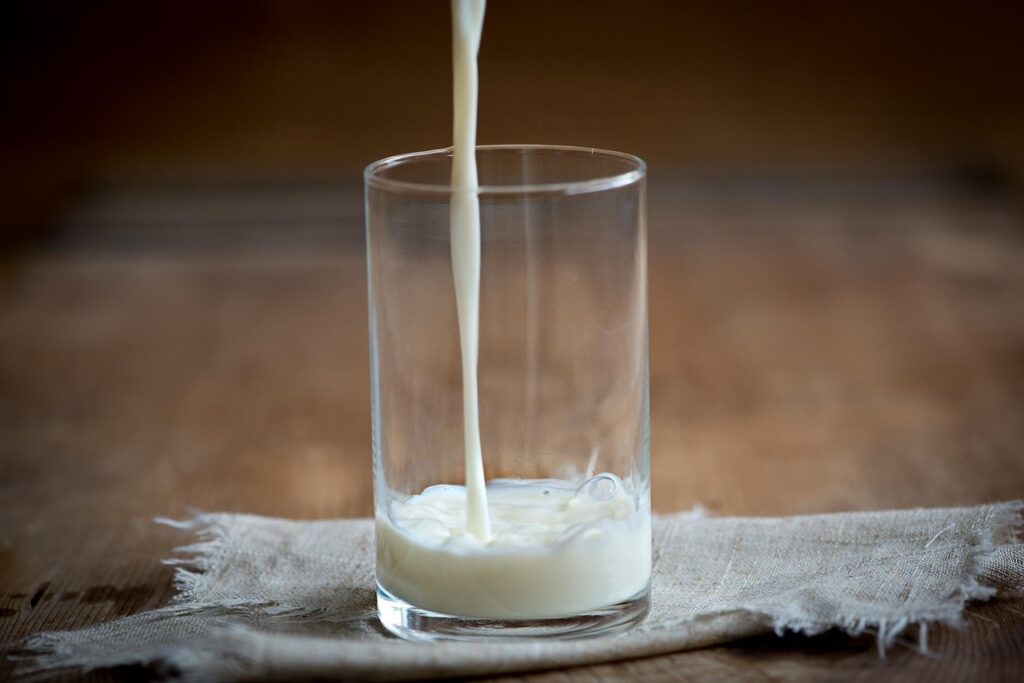
Many raw milk advocates argue that consuming raw milk is a personal decision and should be a matter of individual freedom, much like choosing what foods to eat or what medical treatments to accept. They claim that as long as a person is informed of the risks, they should be free to make their own choice without government regulations or restrictions.
However, the reality is that raw milk consumption can have serious consequences beyond just the individual drinking it. If a person contracts a foodborne illness from raw milk, they may spread the infection to family members, coworkers, or others they come into contact with. Additionally, severe outbreaks strain public health resources, requiring hospitalizations, medical treatments, and sometimes even legal interventions to contain the spread.


